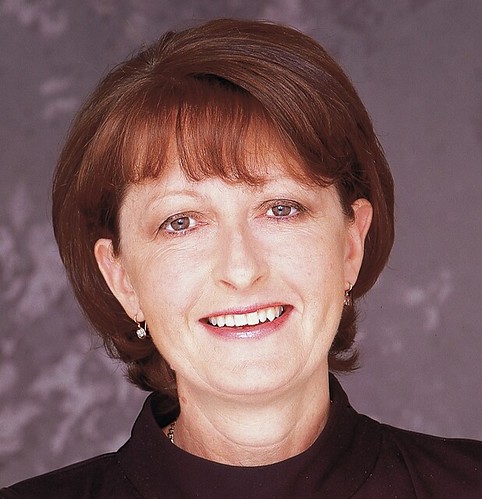Just stick to the massage please
For me few experiences are as relaxing as a massage, or at least I thought so until last week. With an hour free before a stressful medical appointment, I’d booked a massage at a local Ella Bache shop.
Within seconds of my arrival, it went horribly wrong when the masseuse handed me a mostly medical form titled “Confidential Client Information”.
Some of the questions were entirely reasonable, for instance my name, address and phone number, and whether I had any “specific areas of pain”. I would have even been happy to state any conditions people massaging my body should be aware of.
But why she needed to know my occupation, let alone the name, address and phone number of my “physician” was beyond me, especially given I was not asked permission for my “physician” to be contacted, presuming I had only one.
It got worse.
“Please list any recent or past injuries or medical conditions, including surgery” the form asked above a small space, in other words “give me your entire medical and surgical history in thirty words or less”.
Then came a rag-bag list of symptoms and diagnoses, such as headaches, insomnia, epilepsy, diabetes, cancer, numbness, dizziness, fatigue and “cold/flu/fever”, asking if any “of the following are relevant to you”.
My entreaty for a massage sans paperwork fell on deaf ears in this “No form, no massage” environment. Exactly who made the rules wasn’t clear, nor whether anyone actually read the form closely or what actions would be taken if I had ticked one of the aforesaid boxes, for instance declaring that a cold was “relevant” to me.
My reluctance was obvious. “But what if you’ve had a stroke?” the masseuse asked, to her credit trying to maintain her composure while I progressively lost mine and left.
An hour later I’d had a massage 10 minutes longer and $10 cheaper at a Chinese establishment with no questions asked.
Friends have since suggested the paperwork is an insurance requirement, but if so, it merely prompts more questions.
Why do some massage outlets get away with asking lots of stupid questions while others ask none? How qualified are those asking the questions, and how does having the information protect their customers?
Within seconds of my arrival, it went horribly wrong when the masseuse handed me a mostly medical form titled “Confidential Client Information”.
Some of the questions were entirely reasonable, for instance my name, address and phone number, and whether I had any “specific areas of pain”. I would have even been happy to state any conditions people massaging my body should be aware of.
But why she needed to know my occupation, let alone the name, address and phone number of my “physician” was beyond me, especially given I was not asked permission for my “physician” to be contacted, presuming I had only one.
It got worse.
“Please list any recent or past injuries or medical conditions, including surgery” the form asked above a small space, in other words “give me your entire medical and surgical history in thirty words or less”.
Then came a rag-bag list of symptoms and diagnoses, such as headaches, insomnia, epilepsy, diabetes, cancer, numbness, dizziness, fatigue and “cold/flu/fever”, asking if any “of the following are relevant to you”.
My entreaty for a massage sans paperwork fell on deaf ears in this “No form, no massage” environment. Exactly who made the rules wasn’t clear, nor whether anyone actually read the form closely or what actions would be taken if I had ticked one of the aforesaid boxes, for instance declaring that a cold was “relevant” to me.
My reluctance was obvious. “But what if you’ve had a stroke?” the masseuse asked, to her credit trying to maintain her composure while I progressively lost mine and left.
An hour later I’d had a massage 10 minutes longer and $10 cheaper at a Chinese establishment with no questions asked.
Friends have since suggested the paperwork is an insurance requirement, but if so, it merely prompts more questions.
Why do some massage outlets get away with asking lots of stupid questions while others ask none? How qualified are those asking the questions, and how does having the information protect their customers?
Labels: massage


0 Comments:
Post a Comment
<< Home